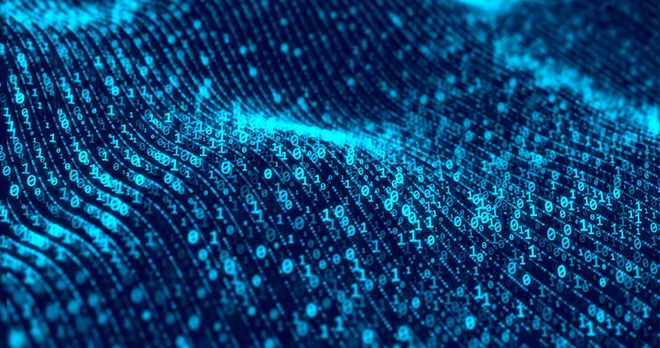Infobesity – are you thinking about your social health?

The hugely enjoyable RWK Goodman sponsored Oxford Debate on social networks, with Julia Hobsbawn, emphasised the need to apply the same principles of balance to our diet of information as we do to our food. Many of us are either still adjusting to the digital world or are having our face to face social networks impacted to their detriment as a result of keeping up with digital information. Dr Hobsbawn emphasised the need for input from slower sources of information, reading books, interacting with friends and family, professional face to face networking, as well as information from fast-moving digital media. It is by attaining the right balance that we can achieve social health.
We are all aware of the huge numbers involved in social media and digital links but are we aware of the far smaller numbers that human beings can cope with?
Dr Hobsbawn reminded the audience of the research showing that each individual can only have meaningful engagement with around 150 others. The networks of connections on digital platforms, such as LinkedIn or Facebook, are so much bigger than this number that they cannot provide us with meaningful engagement. The limited number of hours in the week, especially once time sleeping and completing tasks is deducted, leaves a far smaller number of hours available for digesting information and engaging in networking. Once we adjust our perspective on how finite that time available for social interaction is we have a greater sense of its value and the need to make “healthy” choices with it.
In order to have a productive society in the age of “infobesity” we need to adjust our values and behaviour patterns.
There is much value to be gained from the digital world: it enables us to have meaningful contact with more widely dispersed family members, as well as often being essential for the world of work. It is not that we should avoid digital input just that we should place equal value on face to face contact and on taking on information from some “slower” sources. We should also realise how our smaller networks, such as friends and family, give us more meaningful contact and make some time spent engaging with those networks a priority.
Looking after your physical and mental health requires attention to the link between them and social health.
The current trend for mindfulness activities shows the demand for periods of slower thought and contemplation to offset against the impact of a rapid and vast flow of digital information. Dr Hobsbawn advocates an adjustment in our understanding of social health as a significant factor in our future wellbeing and productivity. Making time for slower uptake of information makes us more productive members of society for longer and this part of our information diet should not be seen as an optional extra.